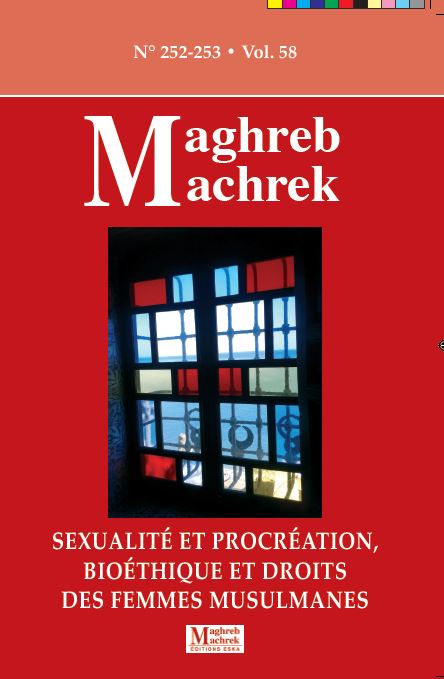WOMEN’S RIGHTS, BIOETHICS AND REPRODUCTIVE TECHNOLOGIES: ISLAMIC PERSPECTIVES
DOI:
https://doi.org/10.54695/machr.252.0009Keywords:
Islamic Perspectives; Parenting; Reproduction; Sexuality; Women’s Rights.Abstract
The dissociation of sexuality and reproduction, and their increasing technification and externalization by contemporary reproductive medicine, is disrupting procreation, filiation, and parenthood. This raises ethical, social, and legal issues that individuals and societies address according to their social and cultural contexts. In addition, these new possibilities upset the patriarchal norms underlying gender relations, and put women’s sexuality and bodies at the center of the issue. Cultural and religious beliefs may prevent access to certain possibilities for assisted reproduction, while some uses of these technologies may lead to new forms of coercion and discrimination against women. What situations emerge in Muslim societies, where legal and traditional social norms that are essentially religious may come into conflict with these newly accessible practices? How are these new possibilities of parenthood understood in Muslim societies, in which social organization, culture, and patriarchal laws remain predominant? What impact can they have on the rights of women and children? This article addresses these questions from historical Islamic perspectives and in light of the needs expressed today by Muslims in search of human rights-respecting alternatives.







